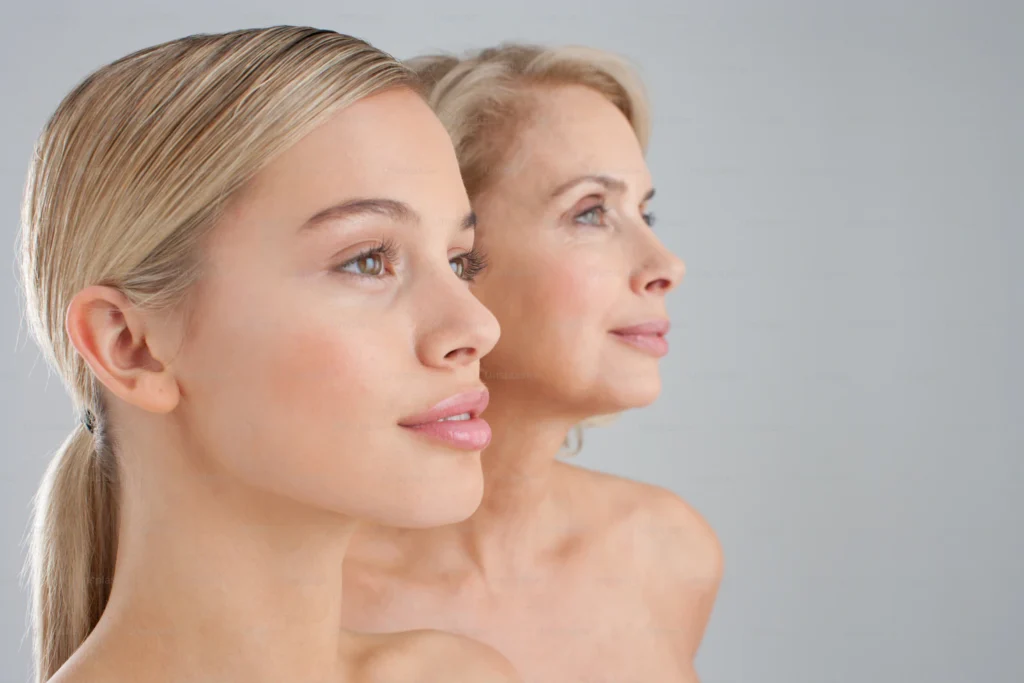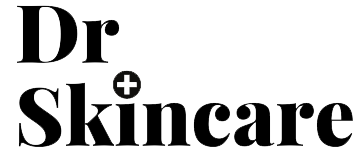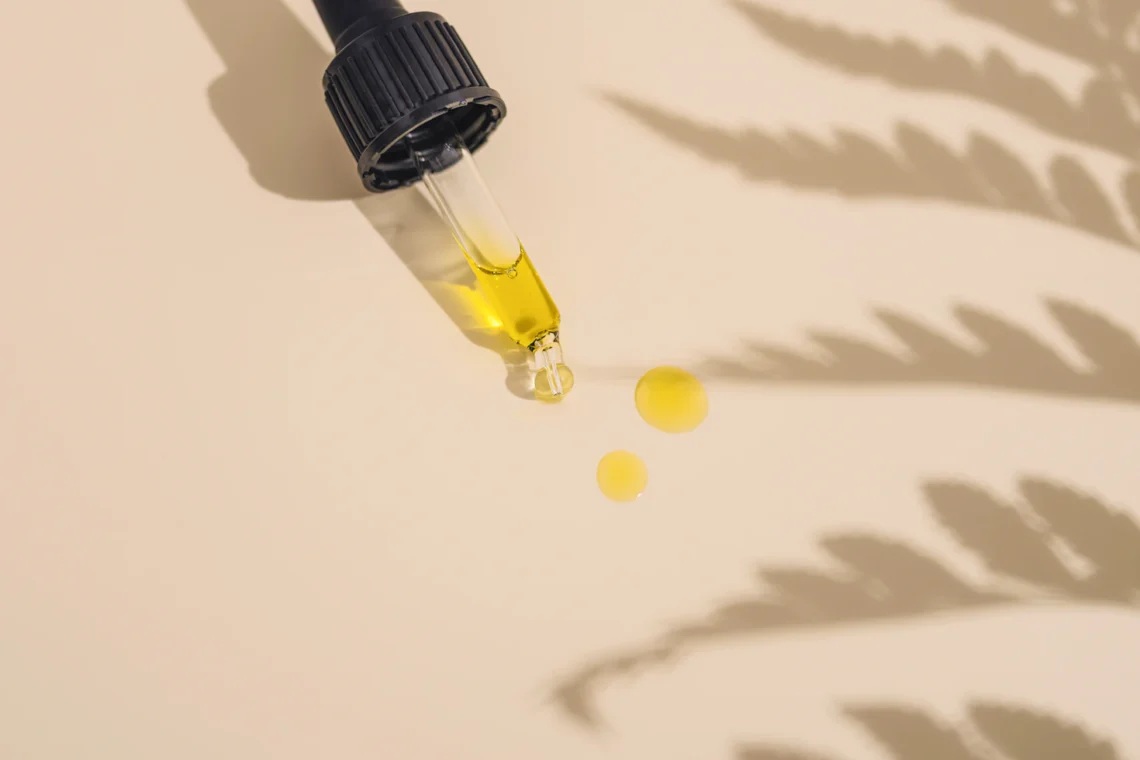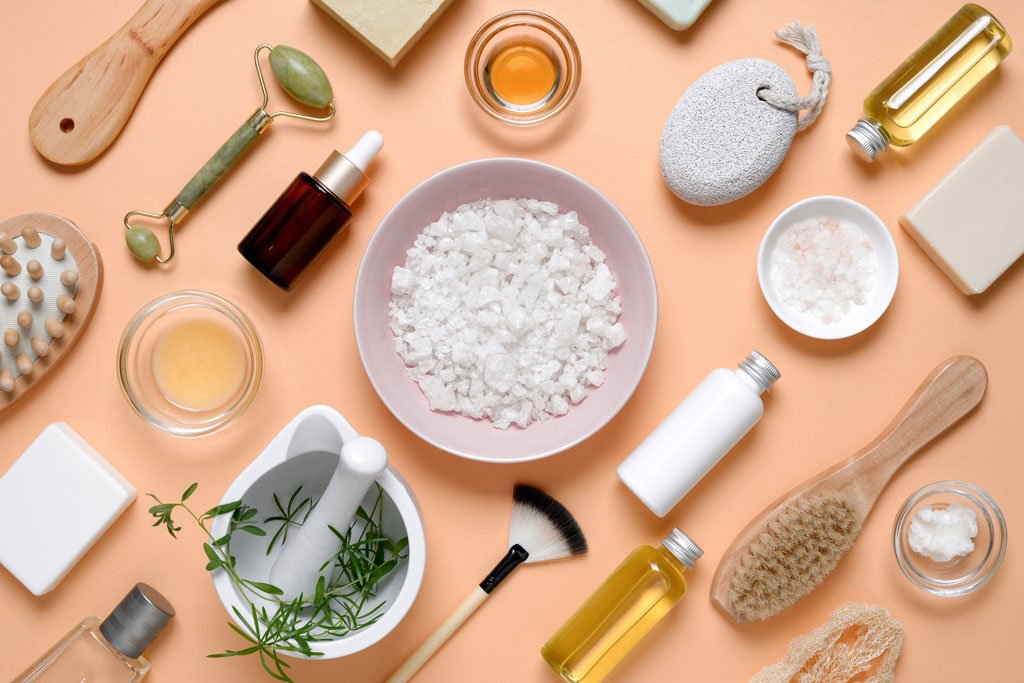What is Retinol?
Retinol is one of the newer trends within skincare. The product has been around for a while, but it is only recently that it started getting popular. Retinol started trending on social media a few years ago, and with good reason. The reason behind its popularity is the anti-aging effect it has on the skin, and its ability to clear up the skin and get rid of spots. Retinol acts as a form of A vitamin. It is a type of retinoid, only less intense. Retinols contain a lower concentration of the active retinoic acid ingredient, making it a more skin-friendly form of Vitamin A. Retinol can be bought in various forms including creams, gels, serums, ointments, and lotions.
The benefits of retinol
Retinol is mainly known for its anti-aging effects. It helps reduce wrinkles and tighten the skin by exfoliating, as well as increasing the production of collagen. This helps reduce fine lines and makes the skin appear smooth and look more youthful. With the stimulated collagen production, it also increases the thickness of the skin which helps with the skin’s overall appearance and elasticity. It also helps clear acne and unclog pores by promoting the shedding of dead skin cells. In addition to this it helps reduce acne scars and helps with dark spots by speeding up the skin cell turnover and promoting the shedding of pigmented skin cells. The cell turnover also improves the overall health and appearance of the skin. Lastly, retinol can help enhance the hydration in the skin. At the early stages of the implementation of retinol, the skin can appear dry and irritated, but over time retinol helps improve the skins’ ability to retain moisture which results in better hydration and a more radiant complexion. Overall retinol improves the skins texture and makes the skin look younger.
It is important to note that even tough retinol starts working right away, it will take several weeks before you start to notice an improvement in your skin. In fact, your skin may appear worse than before the first few weeks as it needs to adjust to the new regimen. You may get more pimples as the retinol cleans out your pores, and you may experience some dryness in some areas. This will fade over time as your skin adjusts.

A beginners guide to retinol
Retinol can be used on all skin types. It is important to follow the instructions and only use it as recommended. This will differ from how strong your retinol is, so it is important to follow the instructions labelled on the packaging.
Before starting to use retinol, we recommend you apply the product only on a small area of the skin to make sure you won’t have any negative reactions. After reassuring your skin does not react badly to retinol, you can start implementing retinol in your bedtime skin care routine. As retinol can come in multiple forms, the application will differ so you´ll need to follow the instructions on the packaging. However, these are some general and simple steps you need to take when using retinol:
Start off by washing your face with a cleanser and patting your skin dry. Then you apply retinol in a thin layer, starting in the middle of your face and working your way outwards. Thereafter you continue with your usual steps in your skincare routine and finish off with a moisturiser. When starting to use retinol, you should only apply 1-2 a week to make your skin used to the treatment. After a while you can upgrade to the recommended amount labelled on the packaging.
When using retinol, you skin becomes more sensitive to sunlight. It is therefore extremely important to use sunscreen on your face every morning.
Can I use retinol?
As previously mentioned, retinol can be used on all skin types. However, there is an ongoing debate regarding when you should start using retinol. But considering its main purpose is to help anti-aging, it is mainly recommended that you do not start using retinol until your mid-twenties. This is because the main benefits from retinol is to help reduce wrinkles and fine lines, which are issues you normally do not struggle with in an early age.
The strength of the product can range from 0.01% to 1%, where 1% is the strongest you can get without a prescription. It is recommended to start low and slow, and built your way up as your skin gets used to the treatment. Most skin types are not highly sensitive, so starting as low as 0.01% is usually not necessary. If you have particularly sensitive skin or specific concerns, we advise you consult with a dermatologist before use. This also includes if you are pregnant, or breastfeeding.
As we mentioned in the beginning, retinol can come in multiple different forms. We offer different types of retinols from different brands including Dr Dennis Gross, La Roche-Posay, Paulas Choice, and RoC. This includes an eye cream, a wrinkle recovery peel, a serum, and a cream. Click here to browse through our retinols.


